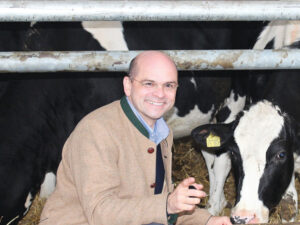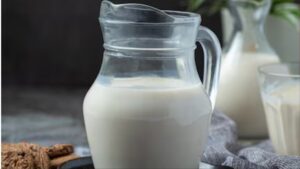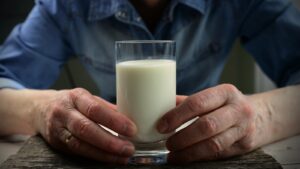

Trading Standards authorities are currently conducting investigations into the labelling and marketing practices of vegan “mylk” products in the United Kingdom. The issue at hand revolves around the use of the term “milk” to describe non-dairy alternatives made from plants such as soy, almond, or oats. These investigations come as a response to concerns raised by traditional dairy farmers and the dairy industry regarding potential consumer confusion and misleading product descriptions.
The dairy industry argues that terms like “milk” and “mylk” should only be used for products derived from animal milk, while vegan producers claim that using terms like “soy milk” or “oat milk” clearly indicates that these are plant-based alternatives. The ongoing debate centers on whether these terms mislead consumers and infringe on existing regulations.
Trading Standards, the local authority responsible for enforcing consumer protection laws, is examining whether the labelling and marketing practices of vegan “mylk” products comply with the current regulations regarding the use of product names and descriptions. While no legal action has been taken yet, the investigations aim to clarify the rules and ensure accurate and transparent labelling for consumers.
This issue is not unique to the UK, as similar debates and investigations have taken place in other countries around the world. In the European Union, for instance, there have been discussions about whether terms like “vegan cheese” or “plant-based yoghurt” should be allowed. Regulatory bodies in various jurisdictions are working to establish guidelines that strike a balance between protecting consumer interests and allowing the growth of the plant-based food industry.
In the meantime, consumers are advised to carefully read product labels and descriptions to understand the nature and composition of the products they are purchasing. The ongoing investigations will shed light on the regulatory landscape surrounding the use of terms like “milk” for non-dairy alternatives, ensuring that consumers can make informed choices while supporting their dietary preferences and sustainability goals.







